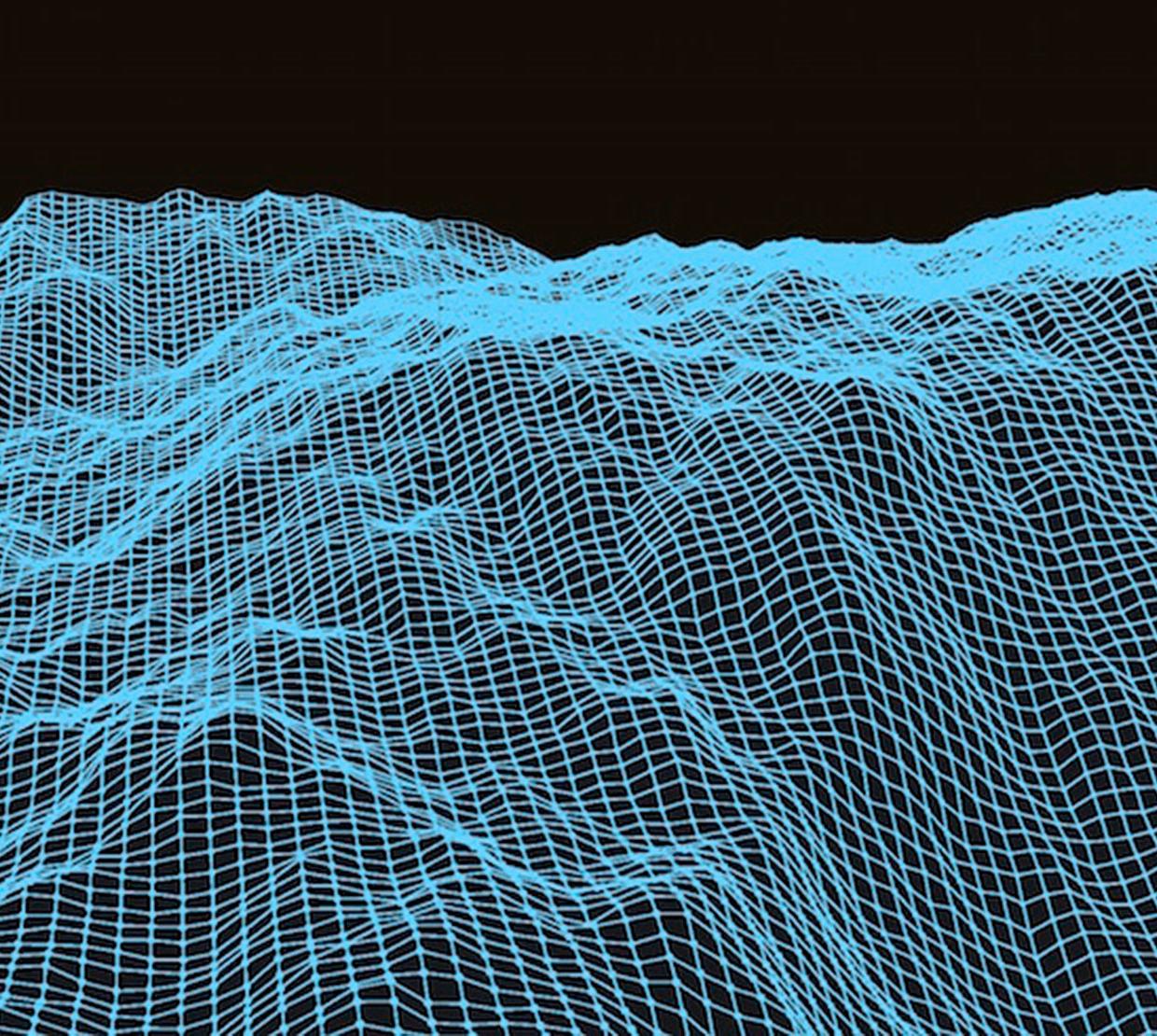A transdisciplinary team in our College was awarded $3 million to implement the National Science Foundation (NSF) Research Traineeship at Oregon State. The program encourages the development of bold and transformative models for graduate education in STEM fields.
The proposal, “Risk and uncertainty quantification in marine science and policy,” prepares a new generation of natural resource scientists and managers to study, protect, and manage ocean systems.
NSF chose OSU to develop the program, which focuses on the use of “big data” to analyze and understand the effects of human activities and climate change on the ocean system around the world. It also requires students to look at the impact of potential management decisions on the stakeholders – the fishing industry, for example – as well as the environment.
Requiring students to work across disciplines is what they’ll encounter in the working world, said Sastry Pantula, dean of the College of Science, which is actively involved in the new program.
“Solving major complex issues related to climate change, marine studies and risk assessment requires people to have a diversity of expertise to work together,” Pantula said.
“No single person has expertise in all sciences, mathematics and statistics. Bringing an interdisciplinary cohort together will enhance depth in core areas, breadth of communication across various fields, and strength in statistical and computational skills. This program takes advantage of the unique collaborative spirit of OSU.”
Mathematics professor Juan Restrepo and statistics professor Alix Gitelman are leading the NRT program as co-principal investigators in a collaborative effort with researchers across OSU; mathematics professors Enrique Thomann and Ed Waymire are core members of the team.
Aimed at advancing graduate education training in STEM, the program emphasizes the use of big data and mathematical and statistical models to address climate and policy problems in marine systems.
The program will provide for more than 30 fellowships for OSU master’s and doctoral students, with room for an additional 30 students if they have alternative funding. The students and participating faculty will decide on the projects. Read more.




